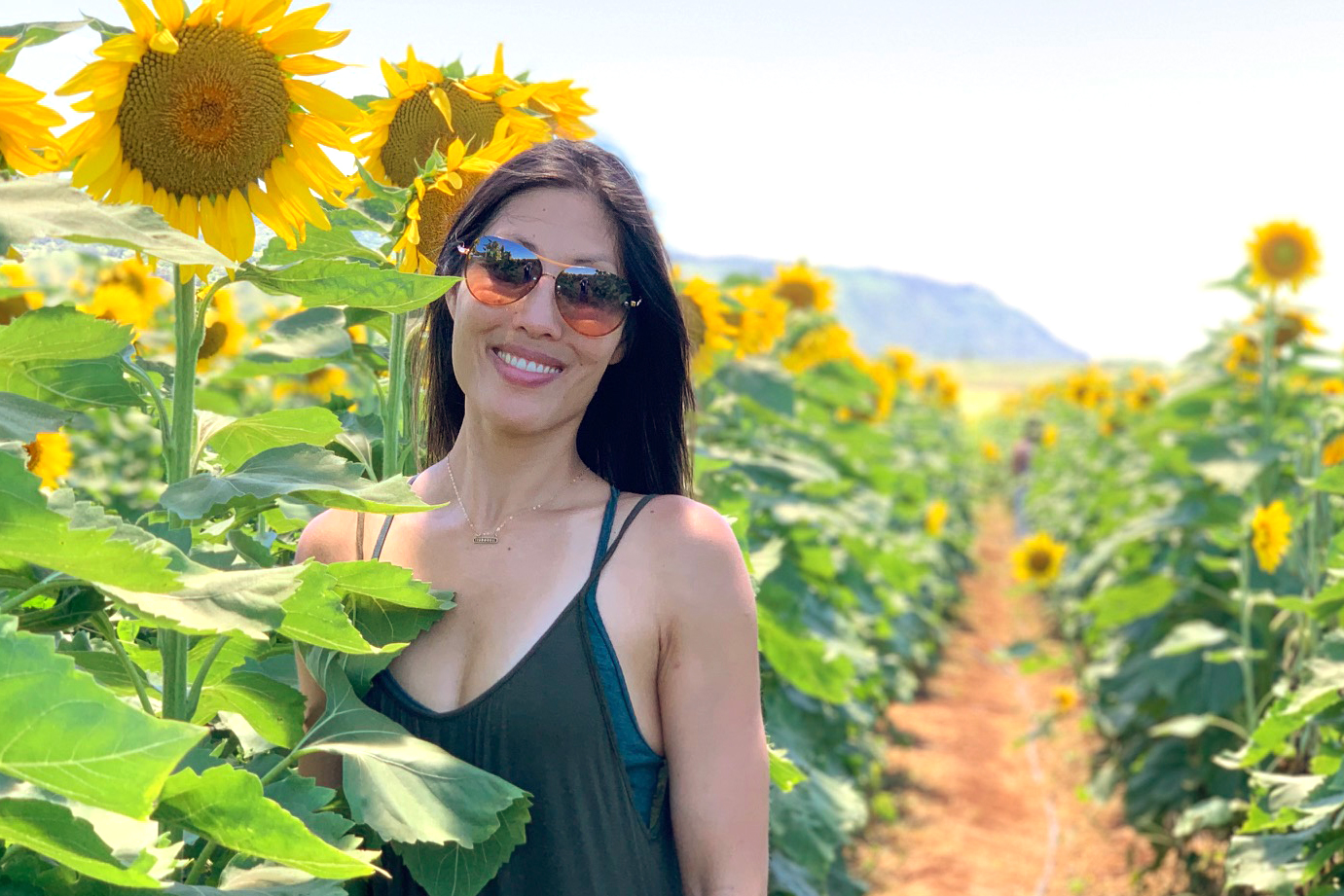As a result of the stay-at-home and safer-at-home orders during the coronavirus pandemic, typical challenges that face teachers, especially new educators, seem more daunting now.
Teachers must plan and design lessons for online delivery in addition to generating instructional paper packets. To accommodate students with special language or other needs, they have to carefully design a differentiated lesson plan.
Some teachers are struggling with technical issues at home. They might have weak internet or Wi-Fi service, or they may not have a printer. Many have difficulty connecting with students and families who lack technology access.
Many worry about their finances and are concerned with job stability if they have to move to another school next academic year. Some teachers who moved to the islands from the mainland are without family support. They may feel isolated and alone while quarantined.
On a positive note, many new teachers are digital natives. They are teaching their colleagues about digital platforms, which increases their skills as teacher leaders.
In the past month, my peers and I have had to find creative methods to connect and provide support to new educators. We meet weekly with our new teachers via Webex or Google Meet. We keep them up to date with Hawaii State Department of Education guidance and expectations as it becomes available, such as modifications to the Educator Effectiveness System (EES) and how to grade and pack up their classrooms.
We meet weekly with mentors around the state to exchange ideas to support beginning teachers. We attend professional development training on effective digital learning. We share these exciting technology tools with our teachers through weekly professional learning community sessions, where we suggest ideas for curriculum and encourage them to think outside the box to increase student engagement. Helping them to engage in that reflection conversation is so important. We gauge their ability to be innovative during these uncertain times and how that can enhance their classroom instructional skills in the future.
Some words of advice for all educators:
Take care of yourself and set a routine. I go to sleep and wake up at the same time I always did. I get up in the morning, do some yoga stretches and meditation. I dress as if I am going into the office and make sure my “office space” and schedule is ready for the day.
In these days of home quarantine, it can be difficult to stay motivated, especially if you are having difficulty connecting with students. But that is just it. Connection is key. We all need connection to thrive.
I think about Maslow’s hierarchy of needs and what human beings need to survive. A vast majority of students benefit from the structure and routine of school, and getting face-to-face support from their dedicated teachers. Our students need that more than ever, even if that has to be delivered differently.
Make a conscious effort to connect with students online. Spend some time in the beginning and at the end of the instructional session to personally connect. Allow students to share how they are feeling, what they have been up to, and to say hi to their friends. Perhaps play a scavenger hunt, have lunch together, or do read aloud. Remember to share how you are doing too; perhaps something a new hobby or fun activity you have learned since you last visited with them. Close the session with another debrief, extend a virtual hug, and remind them of how and when they can connect with you next. The students will appreciate the time to connect, and you will too.
Prioritize and schedule what’s most important and remember to also take time for yourself. We have all had to adjust with creating dedicated workspaces in our homes; and for those of us who are also parents, juggling homeschooling spaces. Take time for brain breaks and stretches. Remember to go outside and exercise. Go for a walk. Find time to release your neck, shoulders, and realign your spine after sitting for a long period of time.
Finally, be open to learning as much as you can with technology. Many educational sites are offering free subscription access, so this is a great time to try out new technology. This could kickstart new ideas to start off next school year.
There are free professional development sessions and office hours offered by Hawaii Society for Technology in Education (HSTE). Additionally, Peer-to-Peer Power Sessions is in its fourth week now, offering insights on a variety of digital tools. Each afternoon, Hawaii educators share successes they have had with digital tools and provide tips and suggestions on how to apply them in your virtual learning spaces. It has been really inspiring to see hundreds of educators sharing ideas and being inspired by one another. We can learn more and are stronger together.
Continue to take care of yourself, your students, and each other!
Tanya Mau has been a public school educator for 20 years and is currently a full release mentor for the Kaimuki-McKinley-Roosevelt complex area, providing mentoring and instructional support to teachers in their first three years in the classroom. She was previously a general education classroom teacher, special education teacher, English immersion teacher in Thailand, English Learner teacher/coordinator, and complex area resource teacher, working at the state level to deliver professional development to teachers. She is also a certified yoga instructor.

